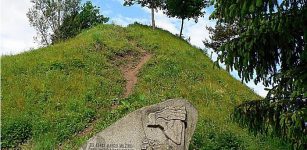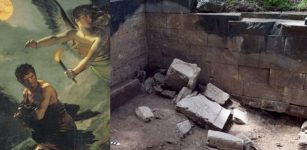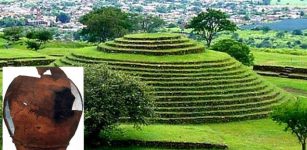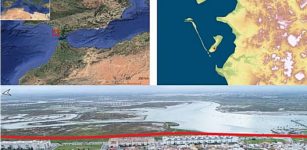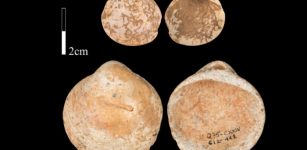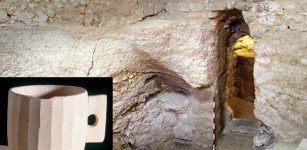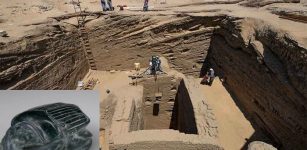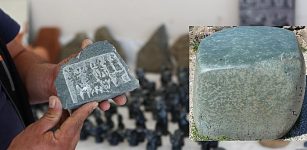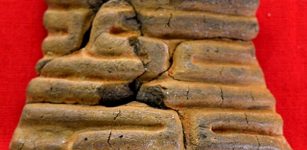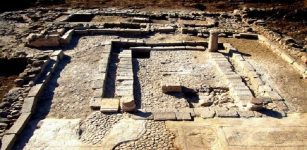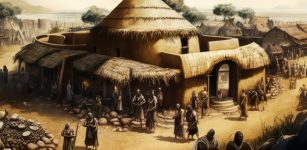Part Of Jerusalem’s Wall Destroyed By The Babylonians In 586 BC – Unearthed
Conny Waters - AncientPages.com - A missing section of Jerusalem's walls, destroyed by the Babylonians on Tisha B'Av (the ninth of the Hebrew month Av), 2600 years ago have been now unearthed during excavations in the City of David National Park.
 Image credit: Israel Antiquities Authority
Image credit: Israel Antiquities Authority
During the time of the kings of Judah, Jerusalem's fortifications successfully protected the city from several attacks, until the arrival of the Babylonian forces who managed to break through and conquer the city. The wall, built approximately 2,700 years ago, was almost totally destroyed by the Babylonians in 586 BC.
 Image credit: Israel Antiquities Authority
Image credit: Israel Antiquities Authority
However, not all was destroyed and parts of the walls were found still standing, and the new exposure connects two previously excavated sections on the eastern slope.
Remains of the destruction were also found in the building next to the wall and inside the rows of storage, jars were discovered that were broken when the building burned and collapsed.
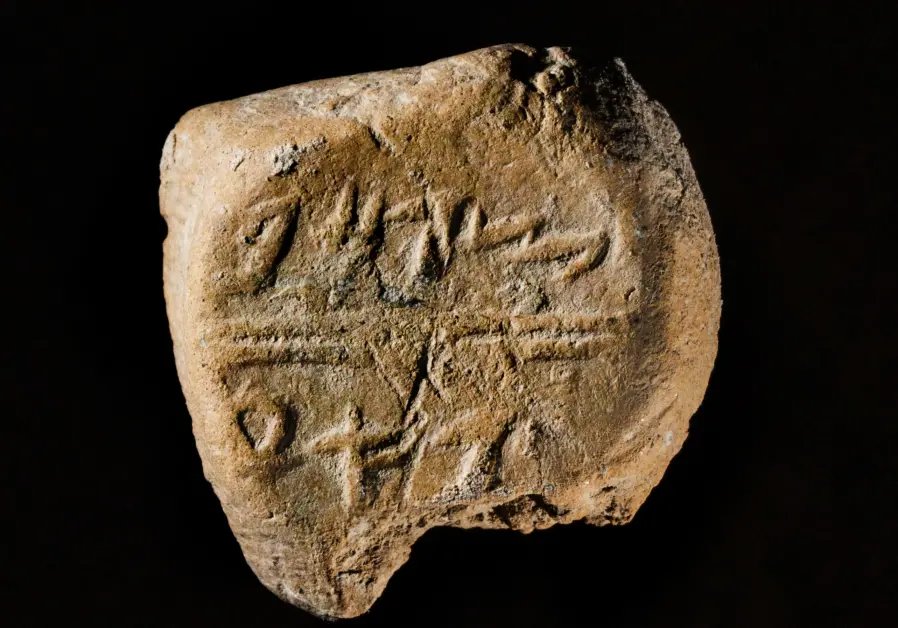 A stamp seal which bears the name “Tsafan" in ancient Hebrew script. Image credit: Koby Harati/City of David
A stamp seal which bears the name “Tsafan" in ancient Hebrew script. Image credit: Koby Harati/City of David
The jar's handles were stamped with rosette-shaped stamp impressions and date to the final days of the Kingdom of Judah.
“The city wall protected Jerusalem from a number of attacks during the reign of the kings of Judah, until the arrival of the Babylonians who managed to break through and conquer the city. The remains of the ruins can be seen in the archaeological excavations," according to the directors of the excavation, Dr. Filip Vukosavović of the Ancient Jerusalem Research Center and Dr. Joe Uziel and Ortal Chalaf on behalf of the Israel Antiquities Authority.
 Image credit: Koby Harati/City of David
Image credit: Koby Harati/City of David
Near the wall, a Babylonian stone stamp seal, depicting a figure standing in front of the Babylonian gods Marduk and Nabu, and a bulla (a clay seal) bearing the name "Tsafan" were discovered.
The Babylonian conquest of Jerusalem (the lengthy Babylonian siege of the city) by the Neo-Babylonian king Nebuchadnezzar was violent and resulted in a great loss of life.
Every year religious Jews in Jerusalem and across the world pray and fast in remembrance of the destruction of the Jewish Temple to God in Jerusalem, first by the Babylonians in 587/586 BCE, resulting in the exile of the inhabitants of the city to Babylon, and yet again in 70 CE at the hands of the Roman legions led by Titus.
To remember the devastating destruction of the Temple, Jews gather in synagogues around the world and at the Western Wall plaza in Jerusalem, to pray and mourn on Tisha B’ Av (the ninth day in the Hebrew month of Av) according to the Jewish calendar, which falls this year on Aug. 11.
Written by Conny Waters - AncientPages.com Staff Writer

